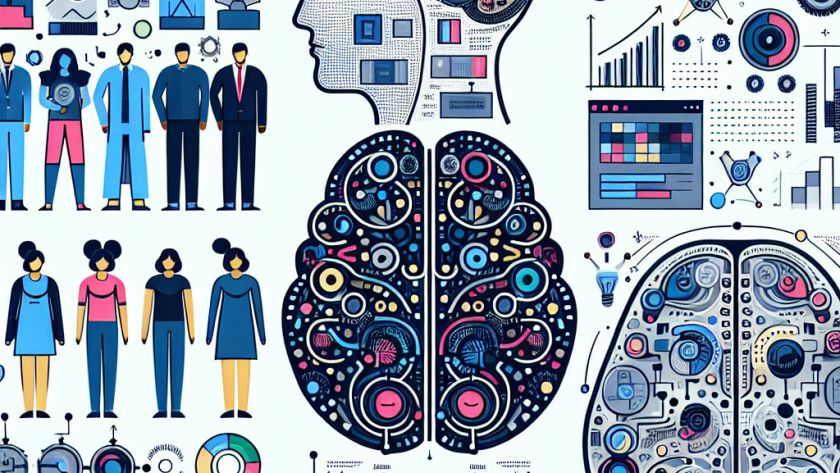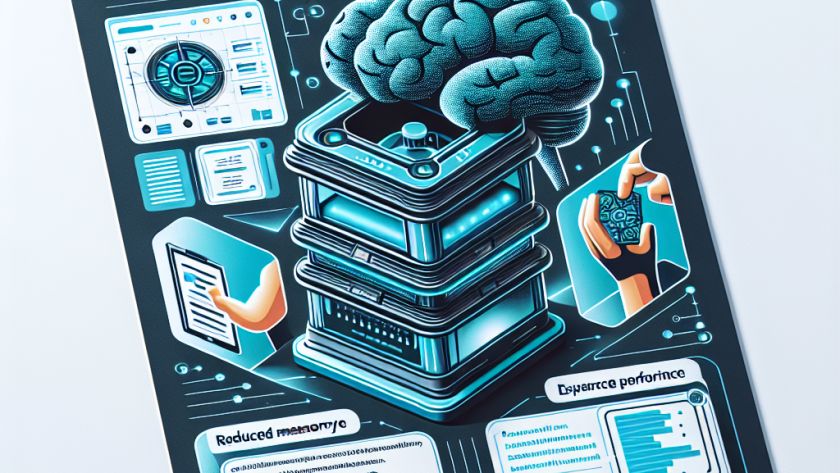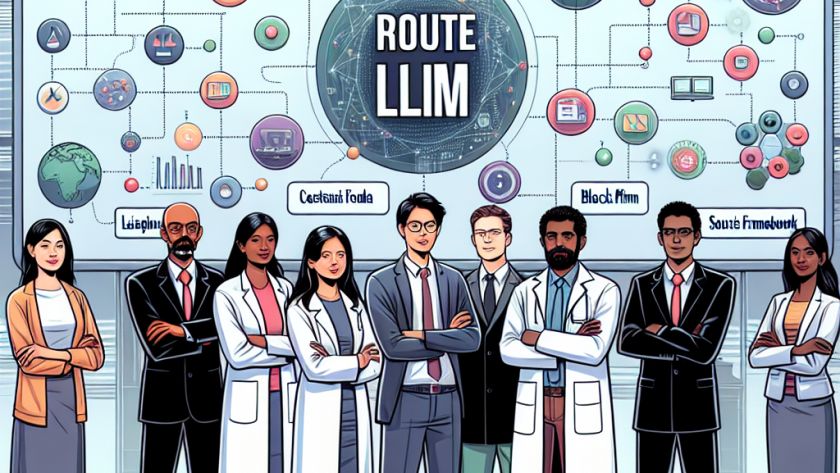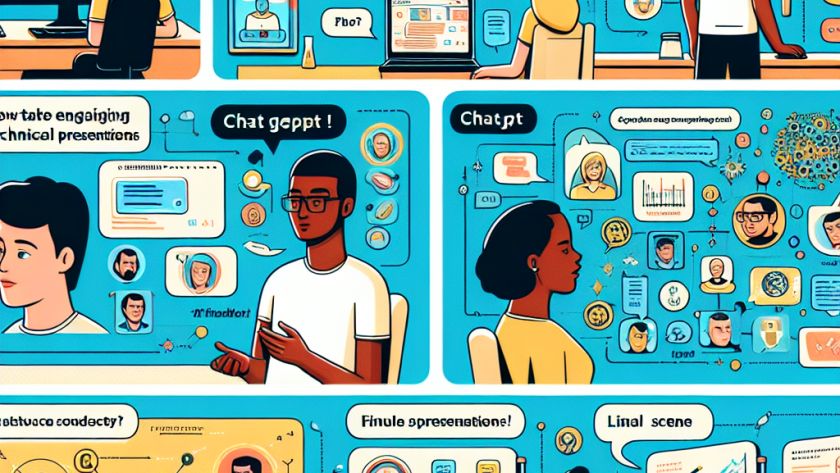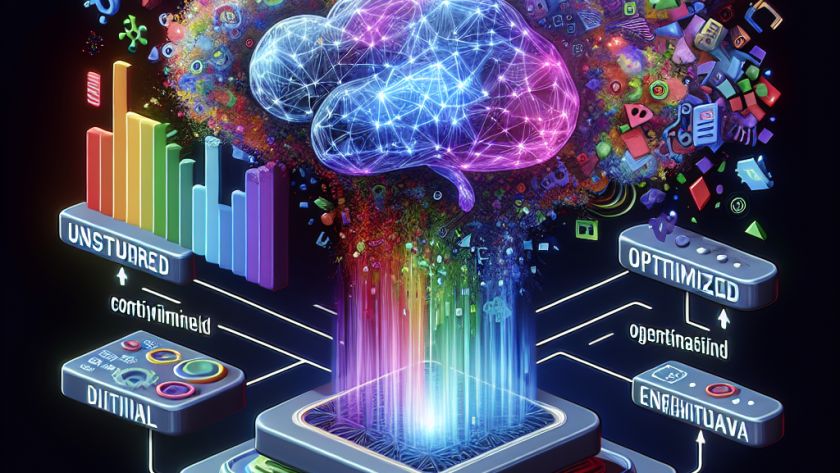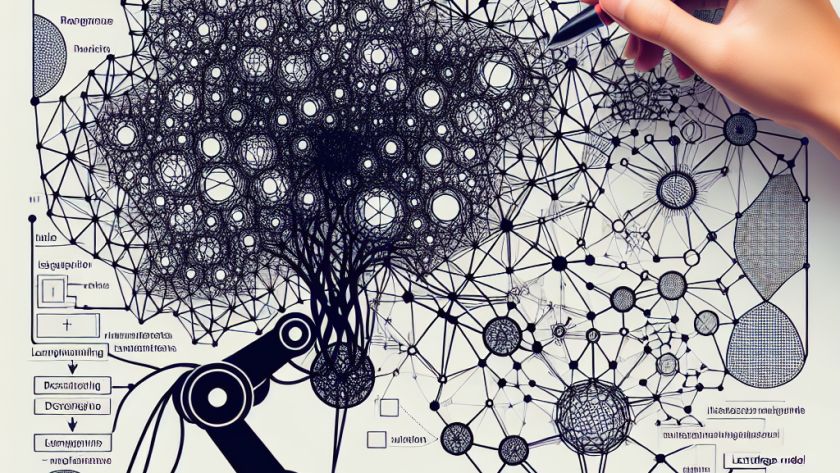Generative AI (GenAI) is rapidly transforming industries such as healthcare, finance, entertainment, and customer service. The efficiency of GenAI systems by and large depends on the successful integration of four critical constituents: Human, Interface, Data, and large language models (LLMs).
Starting with the human element, it is fundamental for two reasons. Firstly, humans are the ones…


